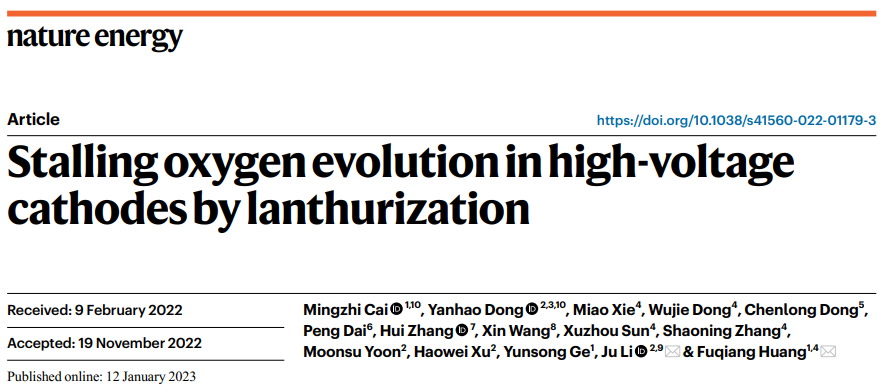
High energy density has become a crucial factor in the future development of batteries. One key aspect is the development of high-voltage cathode materials. However, during high-voltage operation, cathode materials face challenges such as crystal structure degradation (e.g., lattice oxygen release), electrolyte decomposition leading to battery failure, and safety issues like thermal runaway. Taking lithium cobalt oxide cathode as an example, serious structural degradation and oxygen release occur when the upper voltage limit is increased from 4.2 V to 4.6 V.
A team led by Fuqiang Huang from Peking University and Ju Li from MIT, among others, conducted a systematic analysis of the oxygen evolution issue in high-voltage layered cathode materials. They proposed a universal strategy to significantly improve the high-voltage stability of layered cathode materials. This strategy is based on controllable liquid-phase ion exchange reactions, which not only achieve high uniformity of coating but also enhance the ion bonding between transition metals and oxygen. It inhibits the migration of reactive oxygen to the surface. The strategy demonstrates good universality and can be applied to all layered oxide cathodes, enabling large-scale production. It provides a new approach for the industrialization of high-voltage ternary nickel-rich cathodes and lithium-rich manganese-based cathodes. This work was published in the top-tier journal Nature Energy, with Mingzhi Cai and Yanhao Dong as co-first authors.
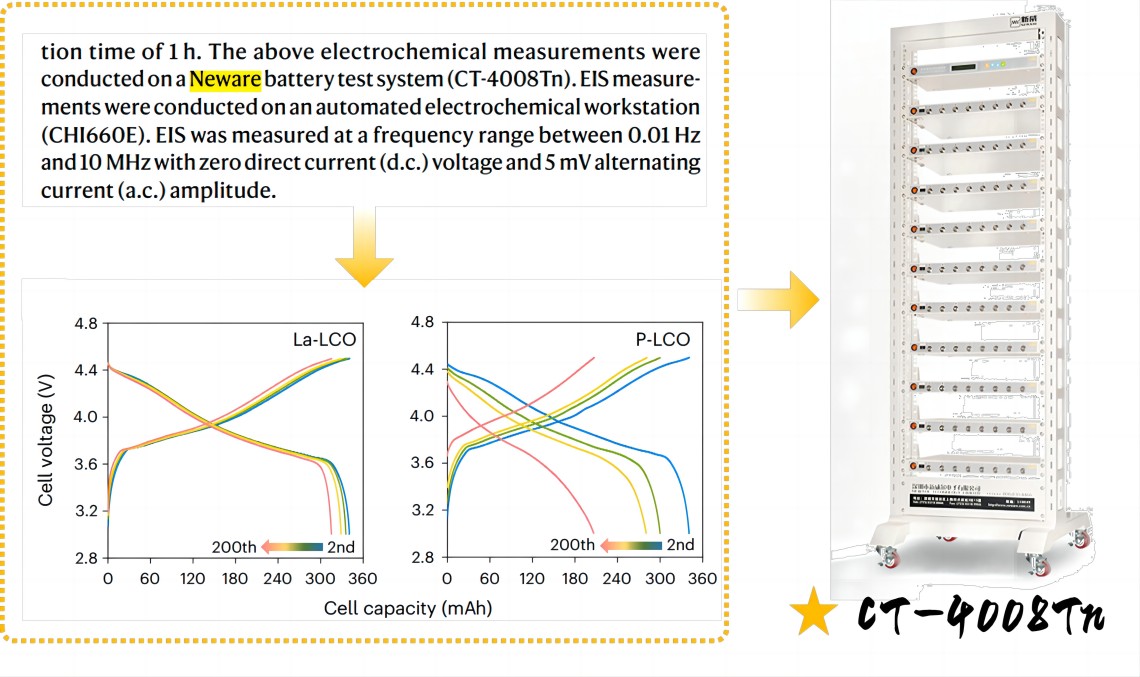
In this academic paper, all electrochemical tests were performed using the NEWARE Battery Test System (CT-4008Q-5V100mA-124). This testing system is powerful, capable of conducting dQ/dV differential capacity curve measurements to help researchers understand different electrochemical reactions. It also enables customization of test conditions and segmented recording, catering to diverse battery testing requirements.
NEWARE is one of the world's leading battery testing companies, offering a comprehensive range of battery testers, battery testing solutions, and battery production services. NEWARE also provides BTS host computer integration with temperature chamber control and integrated constant temperature chambers. Whether you are a battery manufacturer or involved in battery testing-related research, NEWARE is your best choice.
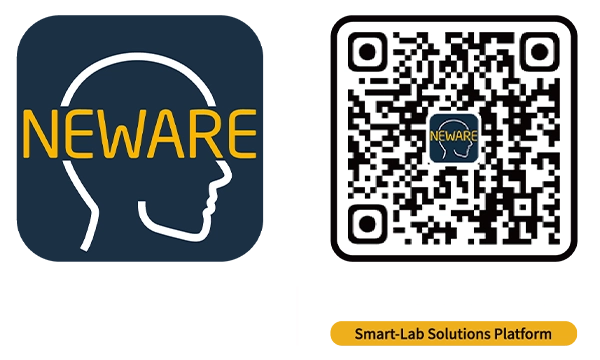


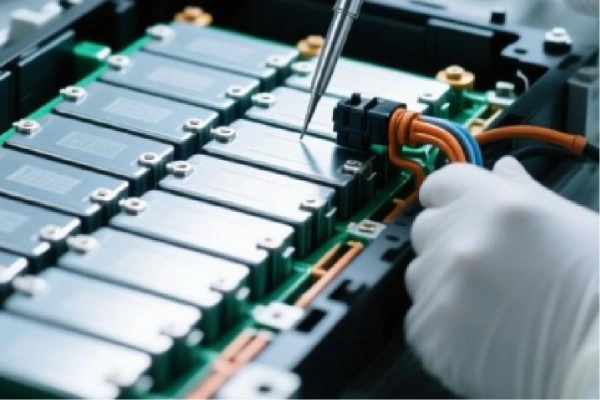
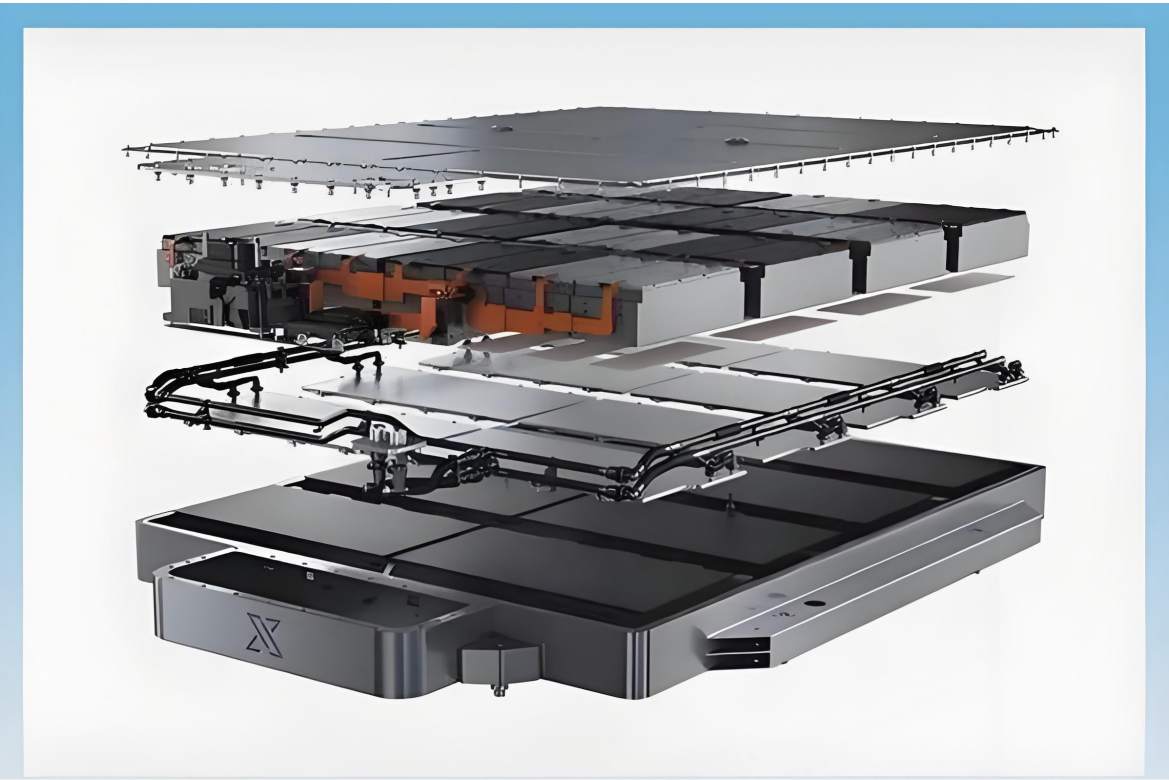


Technology
December 04, 2025
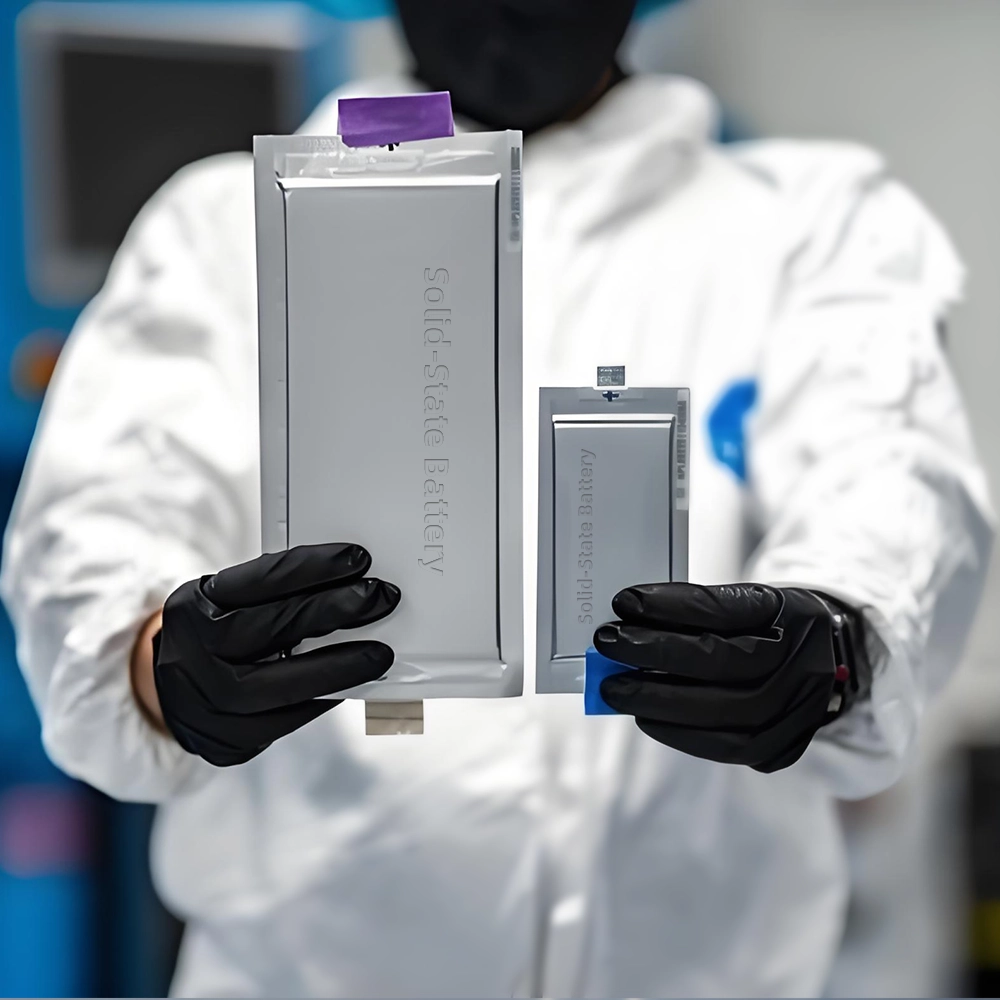
The lab focuses on solid-state battery research to overcome traditional lithium batteries' safety and energy density issues, supporting environmental sustainability. It develops innovative solid-state electrolytes, refines electrode materials, and investigates ion transfer and interface stability to revolutionize battery technology.
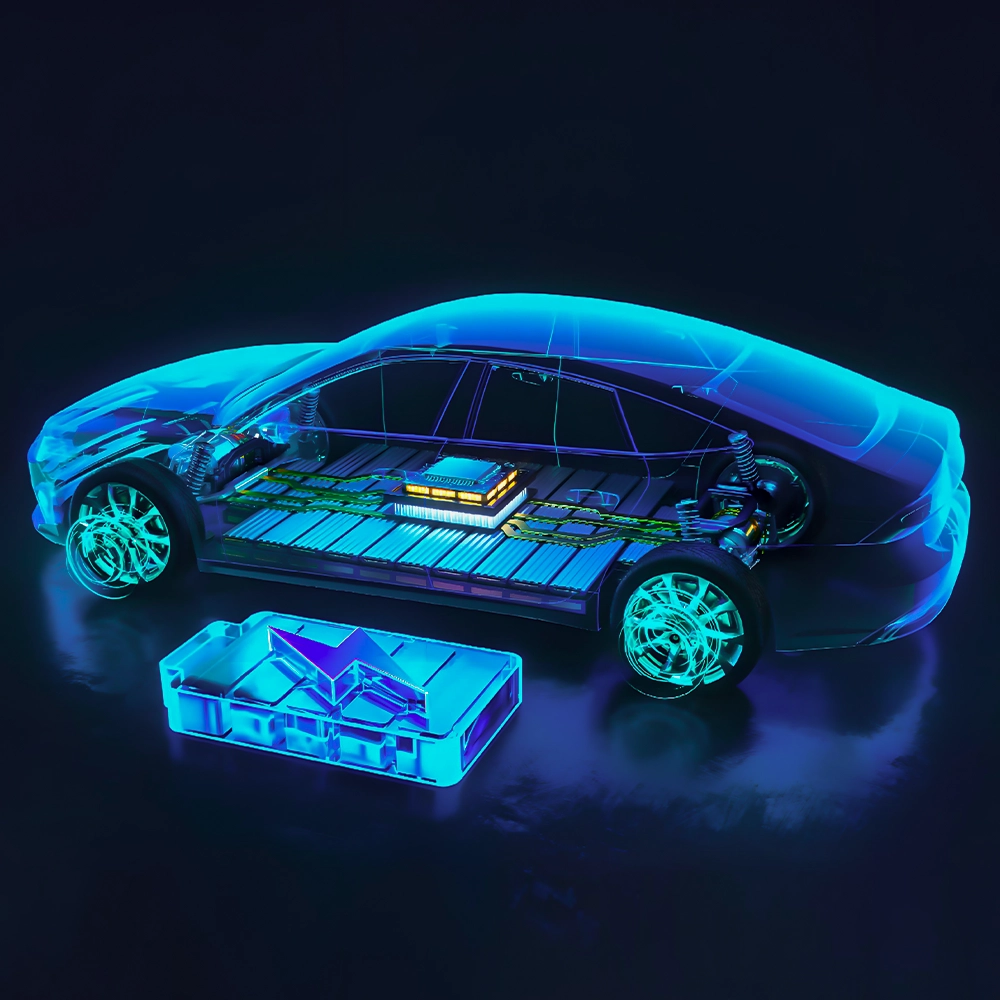
The electric vehicle battery industry is rapidly developing, focusing on technological innovation, market competition, and sustainability. Research hotspots include solid-state batteries, new types of electrolytes, BMS optimization, and recycling technologies. The environmental adaptability, safety, and economic viability of batteries are key research areas, and the industry is expected to undergo more innovation and transformation.
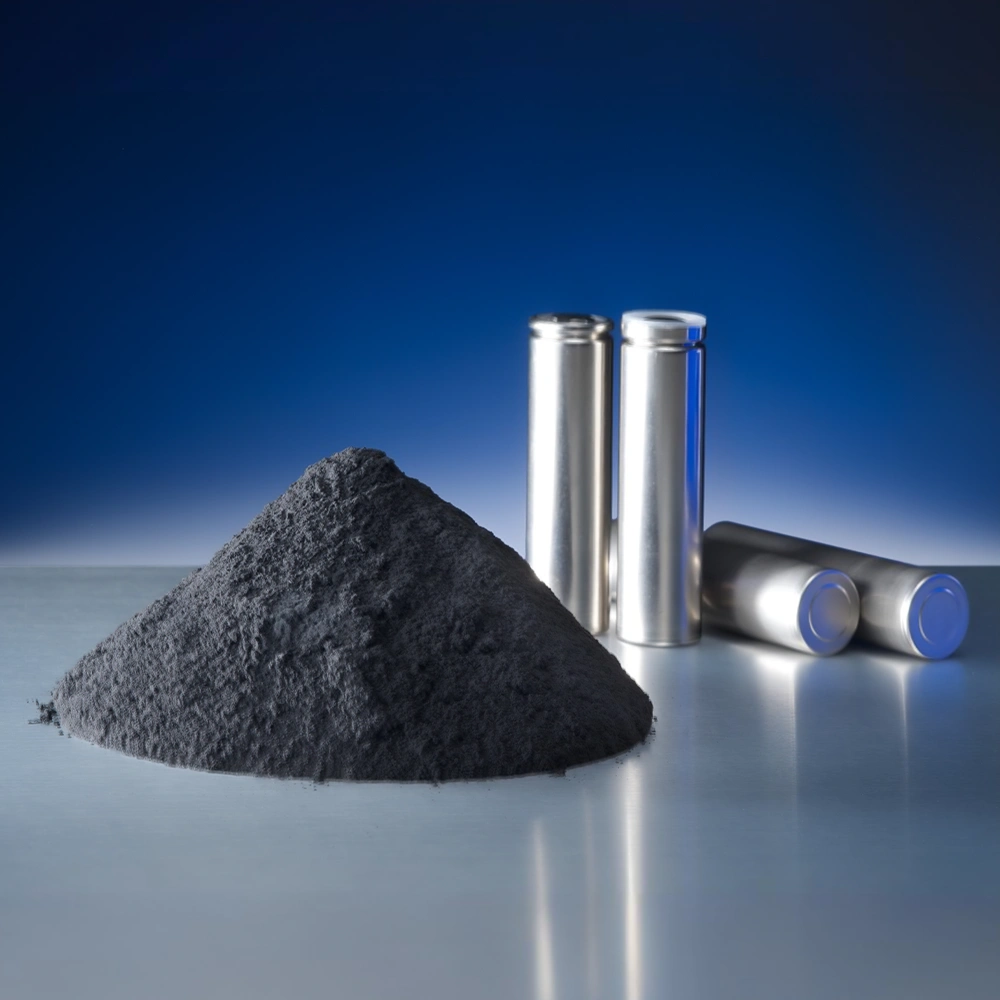
We specialize in battery preparation technology research, focusing on overcoming existing energy storage challenges by innovating in electrode materials, battery chemistry, and manufacturing processes to improve performance, enhance safety, and reduce costs. Sustainability and recycling technologies for batteries are also emphasized to mitigate environmental impacts and foster the growth of green energy.